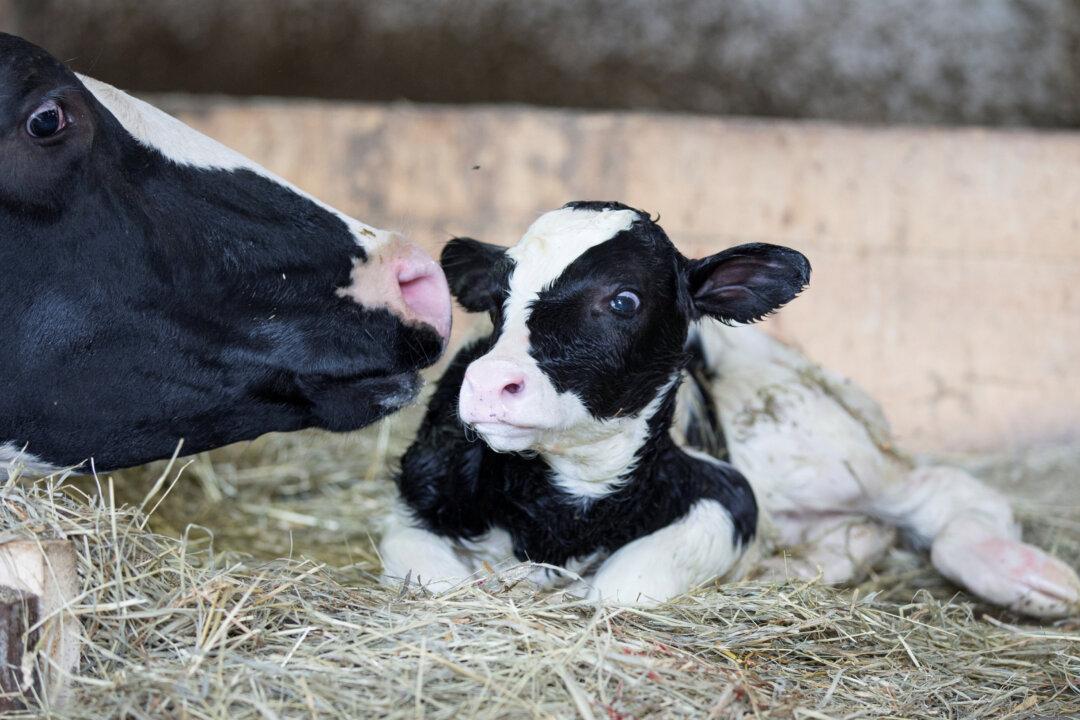Canada must end its low-price milk proteins policy to reach a U.S.–Canadian deal to update the North American Free Trade Agreement, U.S. Agriculture Secretary Sonny Perdue said.
Canada has encouraged overproduction and flooded export markets for milk proteins used in cheese and yogurt, hurting U.S. dairy farmers, Perdue said in an interview aired on Sept. 9 on C-SPAN television.





